Essential oils have been considered ‘medicines of the earth’ for centuries - offering a powerful medicinal cabinet of 'materia medica' in which to help heal and nurture life.

They are within our oldest storytelling and myths and now we are seeing that modern-day research confirms this knowledge of the value and benefits these oils offer.
What are essential oils?
There are about 300 essential oils in the world and in use, which are extracted from certain varieties of trees, shrubs, herbs, grasses and flowers. The oil is concentrated in different parts of the plant. Citrus oils are extracted from the peels of the fruits, ginger comes from the roots, cinnamon from the bark, and eucalyptus from the leaves.
You can extract the oils in different ways, the most common from steam distillation - others are solvent extraction, maceration, expression or enfleurage.
Depending on the oils, it can be very intensive to extract the oils from the plants. Rose oil takes 60,000 rose blossoms to produce one ounce. Jasmine needs to be picked before dawn on their first blossoming day. These are precious commodities and the price of some of them reflect the work and effort it takes to produce them.
What are essential oils made up of?
Essential oils contain around one hundred components. These include but are not limited to terpenes, alcohols, esters, aldehydes, ketones, and phenols.
How do essential oils work?
Do not underestimate the power of scent and how the olfactory system works. Within seconds the tiny vapours of the essential oils travel up the nasal passages and into the olfactory bulb - a structure at the base of the forebrain that relays the signal to other brain areas for additional processing.

What is the Limbic system and why is it important?
Electric signals travel from the olfactory bulb to the remainder of the Limbic system - the oldest part of the human brain, and where we process emotion, memory, and stimulations. You’ve probably experienced that a scent can also conjure up emotions and even specific memories, like when a whiff of frangipane can evoke childhood memories of holidays - that sort of thing. This happens because the thalamus sends information to the hippocampus and amygdala, key brain regions involved in learning and memory. The cingulate gyrus connects different areas of the limbic system together, creating pathways for information and brain messages to travel across. The hypothalamus and pituitary are a critical part of the limbic system because this is where hormones are formed and triggered.
The Pituitary Gland and the areas of hormonal effect.

Bodily functions such as sleep cycles, menstrual cycles, growth, and your energy are all aspects of this functionality - your daily health can be impacted by any and all of these so it’s important to have this working well.
How do you strengthen your limbic system?
There are key things that can help to improve brain health.
DIET: A diet that is rich in ‘brain food’ including green leafy veg, nuts such as walnuts, hazelnuts, Brazil nuts, almonds, cashews, peanuts, sunflower seeds, and flax seed, oily fish and berries.
EXERCISE: There is nothing that exercise doesn’t help improve. We simply don’t move enough and with recent lockdowns and Covid related anxiety this should be prescribed to us all more. If we all moved an hour a day, this would support our entire being in so many ways.
MEDITATION: In a place of stress our amygdala is triggered into a primal, fight or flight mode - helpful for when we need it, but very exhausting when it’s not. Two hormones are triggered here, cortisol, and adrenaline. Mindfulness or meditation is a way of training the mind to stillness, and through stillness we can rest the overworked brain and calm this fight or flight trigger.
ESSENTIAL OILS: Essential oils are great supporters for health and wellbeing - there are therapeutic benefits that normal synthetic fragrances simply don’t provide. By triggering the limbic system through this pathway, to release the needed hormonal support, we can support the body and mind in a non toxic, gentle and natural way. We use essential oils because beyond the gift of fragrance they provide all this additional benefit to us.
We choose these essential oils in our products to assist and support us to live as well as we can. Your daily shower or bath can shift mental moods and adjust tempers, calm babies before bedtime and invigorate you in your morning shower. Not bad for your daily wash.
Topical applications
There have been many studies that have shown that essential oils contain potency when applied topically too. For example, oregano oil is twenty six times more powerful as an antiseptic than phenol, a common ingredient used in household cleaners and disinfectants.
 Hippocrates, the father of medicine, as far back as the 4th century declared the 'way to health is to have an aromatic bath and scented massage every day.' Whilst this would be lovely it may be a bit much to fit in in our modern lives. A way to apply this idea, however, would be to use an essential oil infused wash in your daily washing and enjoy the same benefits that Hippocrates did.
Hippocrates, the father of medicine, as far back as the 4th century declared the 'way to health is to have an aromatic bath and scented massage every day.' Whilst this would be lovely it may be a bit much to fit in in our modern lives. A way to apply this idea, however, would be to use an essential oil infused wash in your daily washing and enjoy the same benefits that Hippocrates did.
Here's to a happy wash that helps our heath.

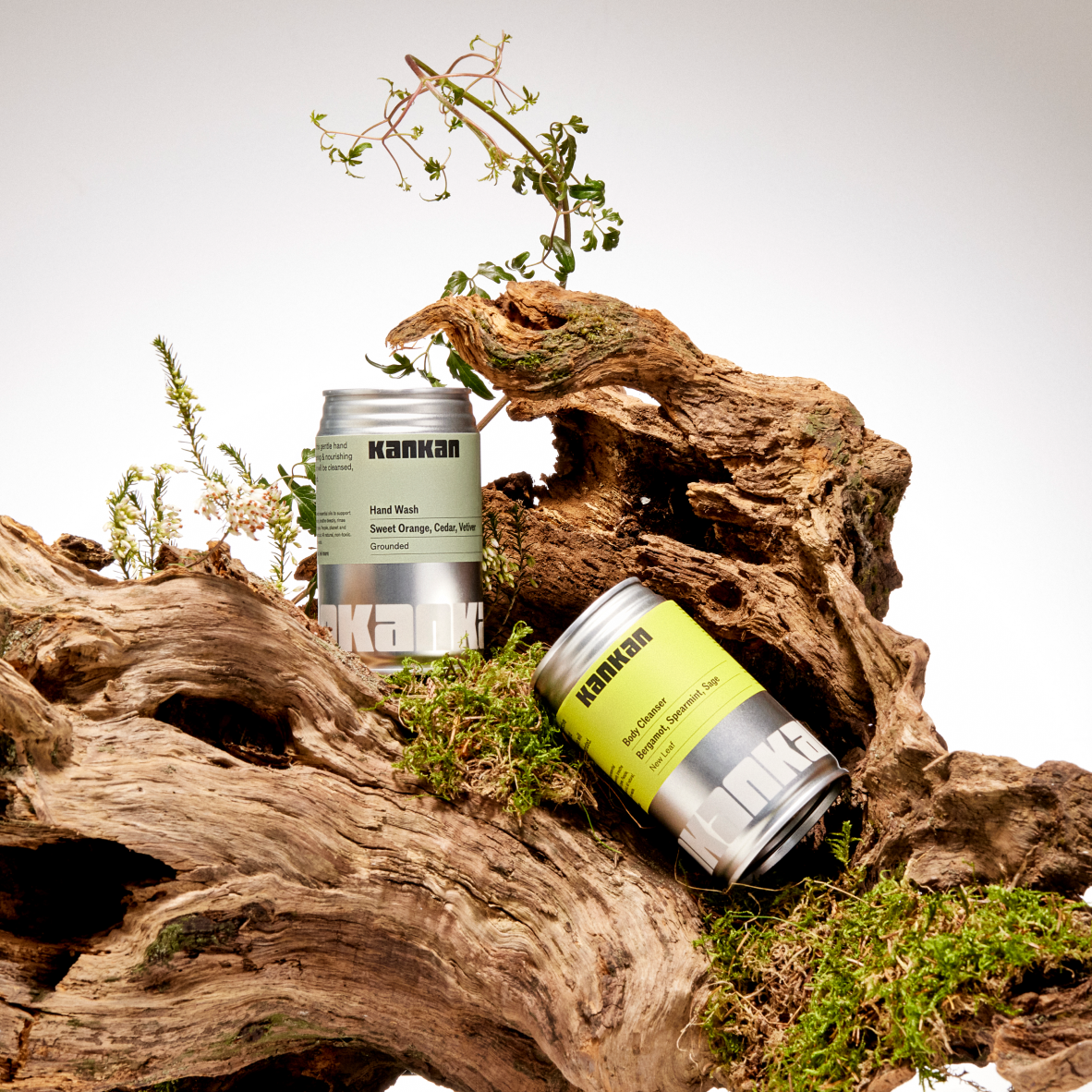
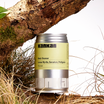
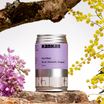
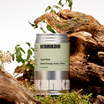
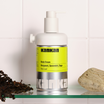
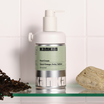



Leave a comment
This site is protected by reCAPTCHA and the Google Privacy Policy and Terms of Service apply.